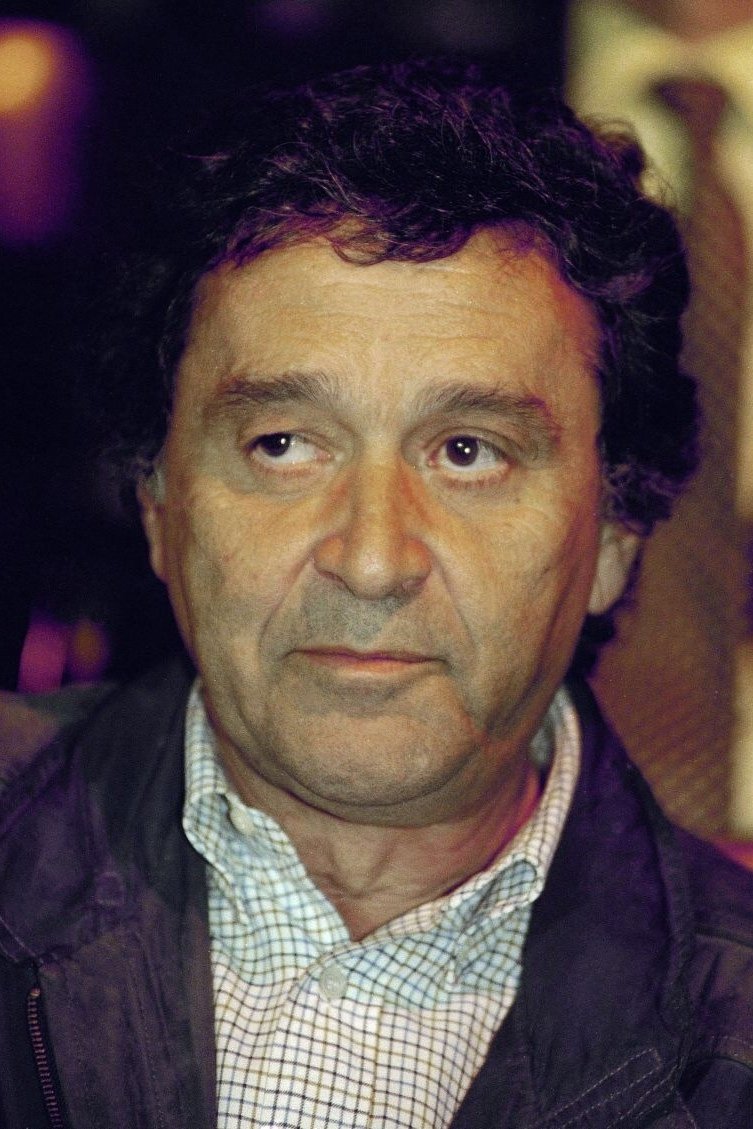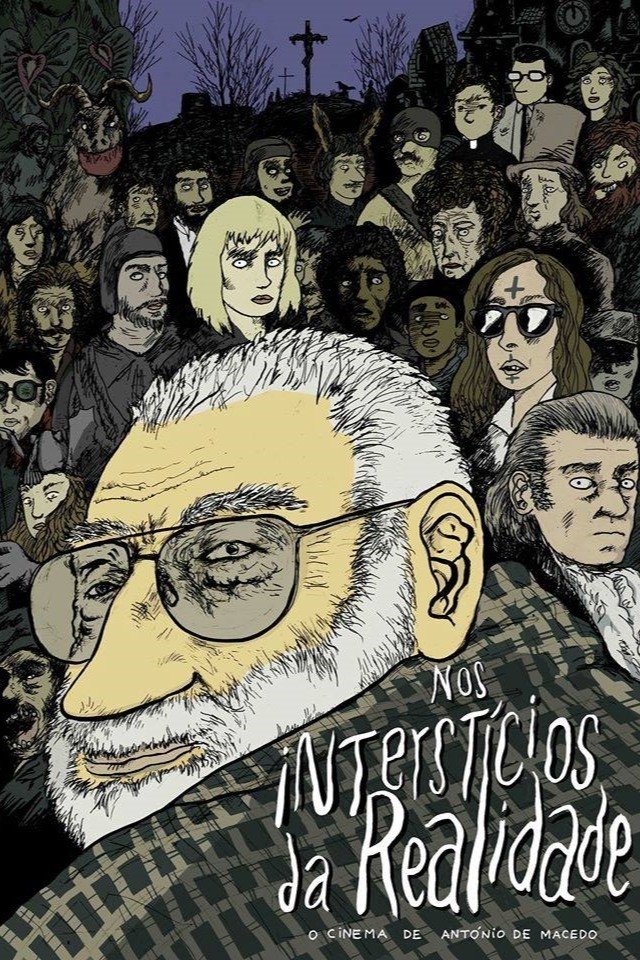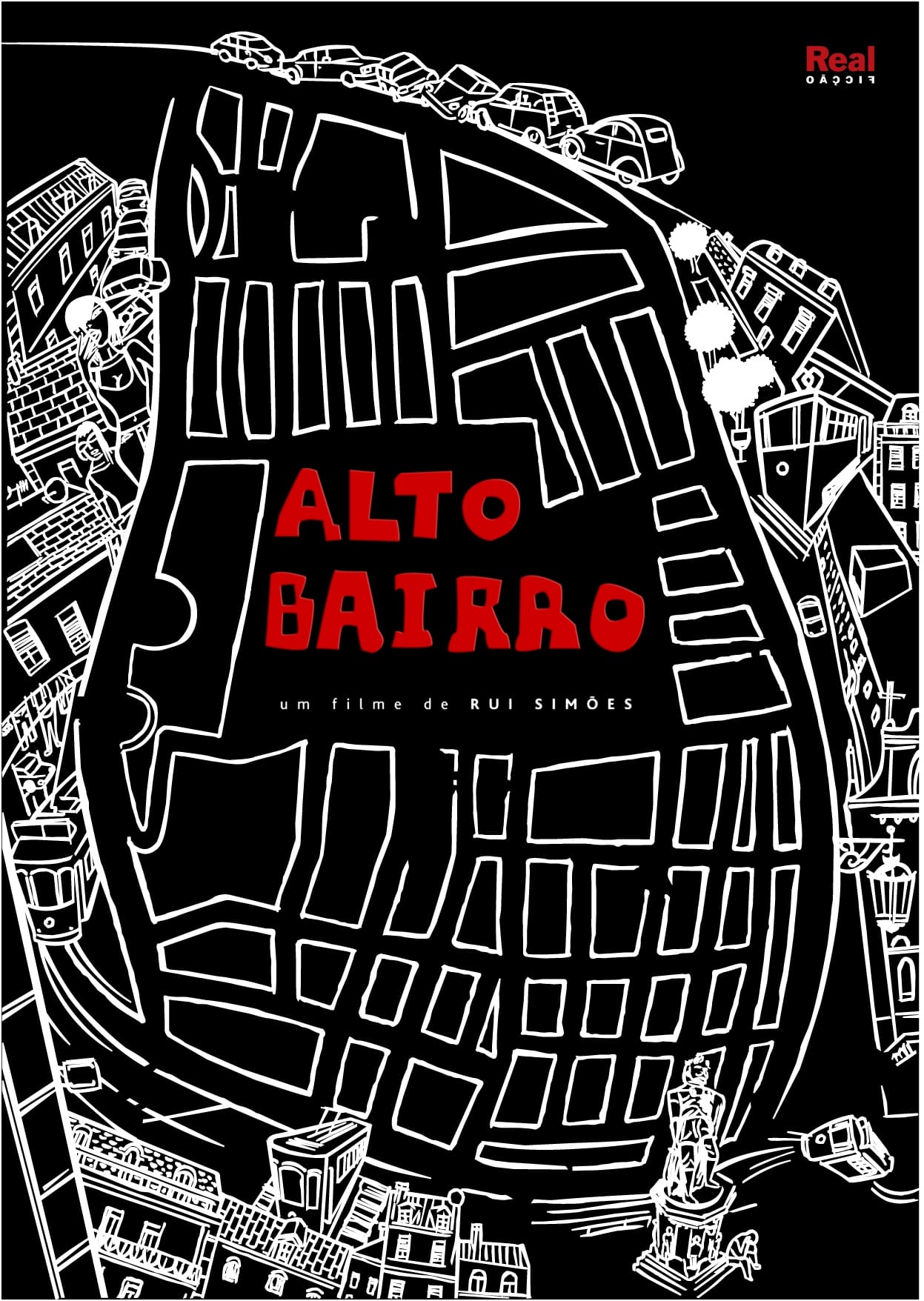

He was the most prolific within the New Portuguese Cinema generation. He would try western spaghetti, esoteric allegory, supernatural, and science-fiction. Without state subsidies, he would quit filmmaking in the 1990s. Who remembers António de Macedo?

In Lisbon 1950, John, 13, decides to invade the neighborhood of prostitutes, nobility and sailors, starting a new stage in his life. Today this neighborhood is reflected in a scattered public debate centered on its night life.

The city during the beginning of cinema. The typical city at the time of the dictatorship. The New Lisbon of the New Cinema. Lisbon after the Revolution. The white city of foreigners. A geographical and moviegoer screenplay of Lisbon through the images of films and testimonies of several filmmakers who filmed in Lisbon.
José Fonseca e Costa was a Portuguese film director. He was one of the founders of the Portuguese Cinema Novo. Born in Angola, Costa worked as an assistant to Michelangelo Antonioni before becoming one of the leaders of Portugal's 'Young Cinema' in the 1960s.
By browsing this website, you accept our cookies policy.